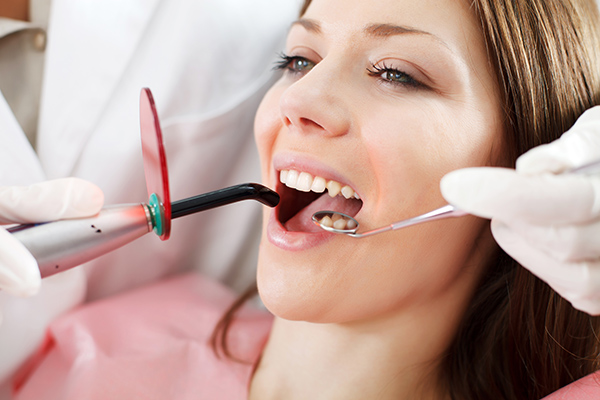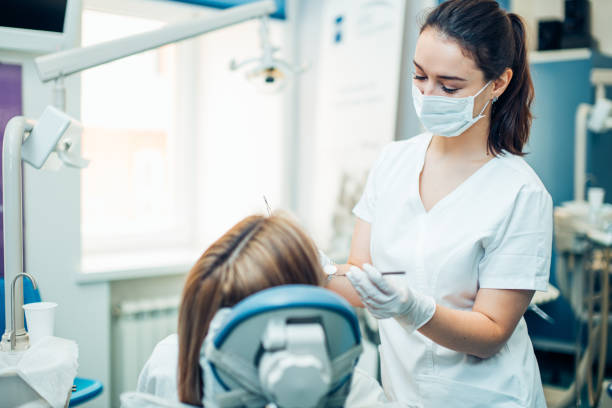Oral health is crucial to overall well-being. A general dentist plays an important role in preventative care. They are the first line of defense against many dental issues. Routine check-ups and cleanings help in spotting problems early. This proactive approach can prevent more serious conditions down the road. A dentist in Turlock, CA offers these essential services to ensure healthy teeth and gums. Regular visits can prevent cavities, gum disease, and tooth decay. A dentist also provides guidance on proper brushing and flossing techniques. Beyond cleanings, they perform basic screenings for oral cancer. They also identify early signs of misalignment or bite issues. This comprehensive care helps maintain a healthy smile and avoids complex treatments later. By focusing on prevention, a dentist supports long-term dental health. Always remember, taking care of your teeth should be a priority. A general dentist is a valuable partner in that journey.
Understanding Preventative Care
Preventative care in dentistry involves regular practices and check-ups to maintain dental health. This includes professional cleaning, fluoride treatments, and sealants for children and adults. These measures aim to prevent dental issues before they start, saving time and discomfort in the future. According to the Centers for Disease Control and Prevention (CDC), maintaining oral hygiene can significantly reduce the risk of developing cavities and gum disease.
Key Components of Preventative Dental Care
- Regular Check-Ups: Visiting a dentist every six months is recommended. During these visits, the dentist will examine the teeth and gums for signs of trouble.
- Professional Cleaning: Cleanings remove plaque and tartar that daily brushing cannot eliminate. This helps prevent tooth decay and gum disease.
- Fluoride Treatments: Fluoride strengthens teeth enamel, making it more resistant to decay.
The Importance of Early Detection
Early detection of dental issues can prevent more severe problems. Dentists use exams and X-rays to identify concerns such as cavities, gum disease, or oral cancer. Early treatment can save teeth and gums from further damage. The American Dental Association (ADA) emphasizes the role of regular dental visits in catching these issues early.

Preventative Care for Children
Children benefit greatly from preventative dental care. Dentists provide sealants, which are thin coatings applied to the chewing surfaces of back teeth. These sealants can prevent cavities for many years. Teaching kids proper brushing and flossing techniques early sets the foundation for good habits. Regular dental visits also help children become comfortable in a dental office setting.
Adult Preventative Care
For adults, preventative care helps preserve natural teeth and maintain oral health. Regular visits allow dentists to monitor changes in oral health and address issues promptly. Adults should also focus on brushing twice a day and flossing daily. Using an antimicrobial mouthwash can further help reduce bacteria in the mouth.
Comparison of Preventative Care Benefits
| Type of Care | Benefits |
|---|---|
| Regular Check-Ups | Early detection of problems, guidance on oral hygiene |
| Professional Cleaning | Removes plaque and tartar, prevents decay and gum disease |
| Fluoride Treatments | Strengthens enamel, reduces the risk of cavities |
| Sealants for Children | Protects teeth from cavities |
Maintaining Good Oral Hygiene
Good oral hygiene is the foundation of preventative care. Brushing twice a day with fluoride toothpaste and flossing daily removes food particles and plaque. Eating a balanced diet and limiting sugary snacks also contribute to healthy teeth and gums. Drinking plenty of water helps wash away food particles and keeps your mouth hydrated.
Conclusion
A general dentist is vital in maintaining oral health through preventative care. Regular dental visits, combined with good oral hygiene, ensure a healthy smile and reduce the risk of dental problems. By understanding and implementing preventative measures, we protect our oral health and contribute to our overall well-being. Regular dental care is an investment in our future health.

